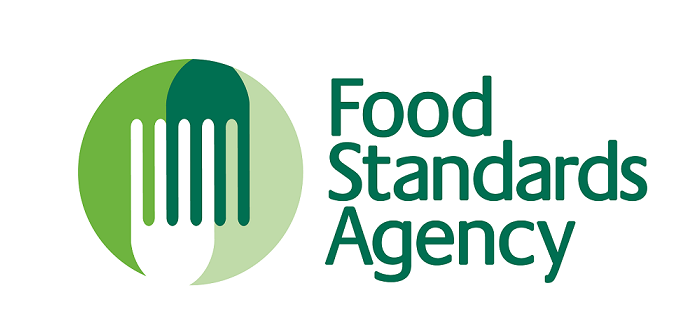Country of origin labelling (COOL) is less important than either product price or brand, according to the results of a new survey commissioned by the Food Standards Agency (FSA) in Northern Ireland.
The survey found that while participants were concerned about where their food was coming from, this was more in line with social desirability factors and often more of a “preference” than a “need”.
It was also found that participants tended to over-report the influence that COOL had on actual purchasing behaviour, with price and promotions taking precedence following observations from the accompanied shop research.
For some shoppers the “local origin” of food also appears to count much more than the “national origin” of what they buy.
“When discussing country of origin, participants tended to spontaneously think of ‘local origin’ produce as referring to food produced in Northern Ireland, rather than Britain,” it was stated in the survey report. “For some this was due to seeing local produce such as milk and meat referred to in this way at their local butchers or greengrocers.
“For participants, Irish and British labelled products were deemed as having travelled a large distance from their source and therefore were not considered to be local when compared, in terms of freshness and quality, to those with a Northern Ireland label.”
Sample replies from participants included the comment from a Portrush woman who said: “I go to the butchers to buy my meat. I like to support local.”
Another participant said: “I think it’s quite important to support local farmers as much as we possibly can. In such a rural country, where so many people here depend on farming, if you can (buy local), I think you should.”


